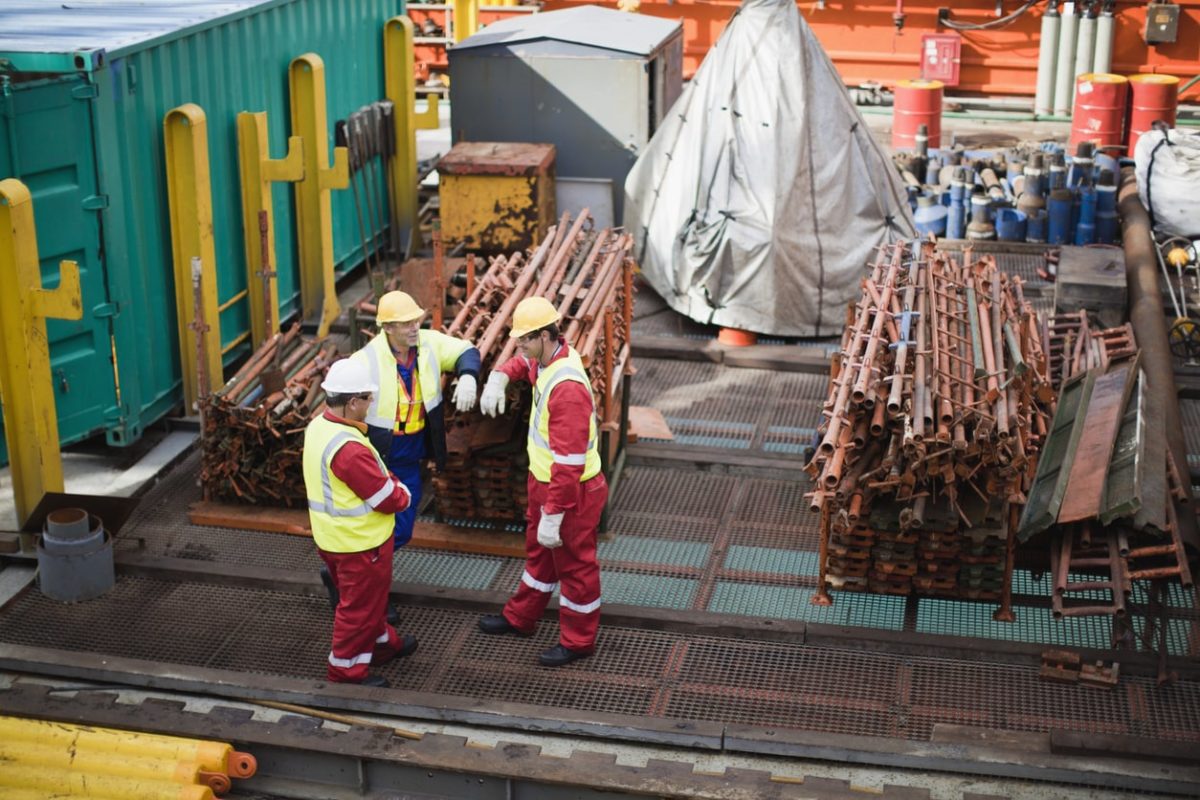
Slip and Fall Injury Prevention for Commercial Marine Workers
January 14, 2020
The commercial maritime environment is filled with risks to employees and employers alike. Marine operations like shipbuilding, cargo ports, marinas, and vessel maintenance often utilize heavy equipment, high heat, and hazardous materials to do business. Add in the potentially dangerous environment represented by proximity to bodies of water and it is easy to understand that workers face significant injury risks on the job. Marine insurance is designed to protect commercial marine companies from a broad range of risks. Preventing injuries related to slips and falls also serves as a vital risk management component across the maritime industry.
Slip and Fall Risks in the Commercial Marine Sector
Think about the commercial marine environment for a moment, and the potential for slip and fall injuries becomes quite clear. Commercial marine operations are typically located near large bodies of water; wet conditions arising from sea spray and wave activity are common. Vessel decking may become slippery, creating hazardous conditions for workers aboard those vessels.
Slips and falls may also occur from factors like:
- Oil and fuel spills on docks or ship decks
- Use of lubricants in maintenance and construction operations
- Hoses, lines, and cables on work surfaces
- Inadequate or missing guard rails/safety netting on docks, vessels, and slips
- Exposure to environmental conditions, including rain and snow
According to the U.S. Occupational Safety and Health Administration (OSHA), over 40% of all reported commercial maritime injuries are the result of slip, trip, and fall accidents.
Injuries from Slip and Fall Risks
In the commercial marine industry environment, slip and fall risks are prevalent. Together, injuries resulting from these accidents account for millions of dollars in marine insurance and occupational insurance claims. In addition, workplace injuries hamper productivity, costing the industry millions more each year. While many such injuries are relatively minor, they have the potential to cause temporary or permanent disability or even death. Common marine worker injuries related to slip and fall hazards include:
- Sprains and strains
- Neck, back, and spine injuries
- Bruising
- Joint damage, particularly in the knees, wrists, and ankles
- Concussions
- Torn ligaments and tendons
- Traumatic brain injuries
Preventing Maritime Workplace Injuries
Employers in the commercial maritime industry have a legal duty to provide safe workplaces for their employees. In general, workers in commercial marine operations are not covered by workers’ compensation. Instead, workers injured aboard vessels or in marine facilities may be protected by the Jones Act and similar state and federal maritime laws, giving them the ability to sue their employers for unsafe work conditions or workplace negligence. As a result, injuries can cost employers millions of dollars in verdicts and settlements.
To prevent the expenses associated with lawsuits and to better protect workers from receiving injuries in the first place, employers have numerous safety options at their disposal. These options include:
- Training and retraining employees on workplace safety practices.
- Ensuring adequate lighting in work areas.
- Providing workers with personal protective equipment (PPE) that may include coveralls, non-slip footwear, hard hats, and safety harnesses, among many other items.
- Adding non-slip paint or floor coverings in hazardous areas, such as vessel decking, walkways, and dockside infrastructure.
- Ensuring guardrails and safety netting is in good repair or adding such protective devices where needed to prevent falls.
- Securing equipment to prevent its movement in sea conditions.
- Cleaning up oil, fuel, and lubricant spills promptly.
- Removing trip hazards around the workplace, such as hoses and lines.
In the winter months or any time severe weather affects operations, employers should protect work areas by removing snow and ice accumulation or by providing a means to dry wet surfaces. These vital steps help to eliminate common slip hazards that can lead to injury or death.
OSHA and maritime regulatory agencies continue to refine industry best practices, aiming to improve workplace safety in the maritime sector – an industry sector that is known as one of the most hazardous work environments. Commercial marine companies must not rely solely on marine insurance to protect against risks; rather, implementing safer workplaces and fostering a safety-oriented culture among employees remains the leading method of preventing workplace slip and fall injuries.
About Merrimac Marine Insurance
At Merrimac Marine, we are dedicated to providing insurance for the marine industry to protect your clients’ business and assets. For more information about our products and programs, contact our specialists today at (800) 681-1998.
